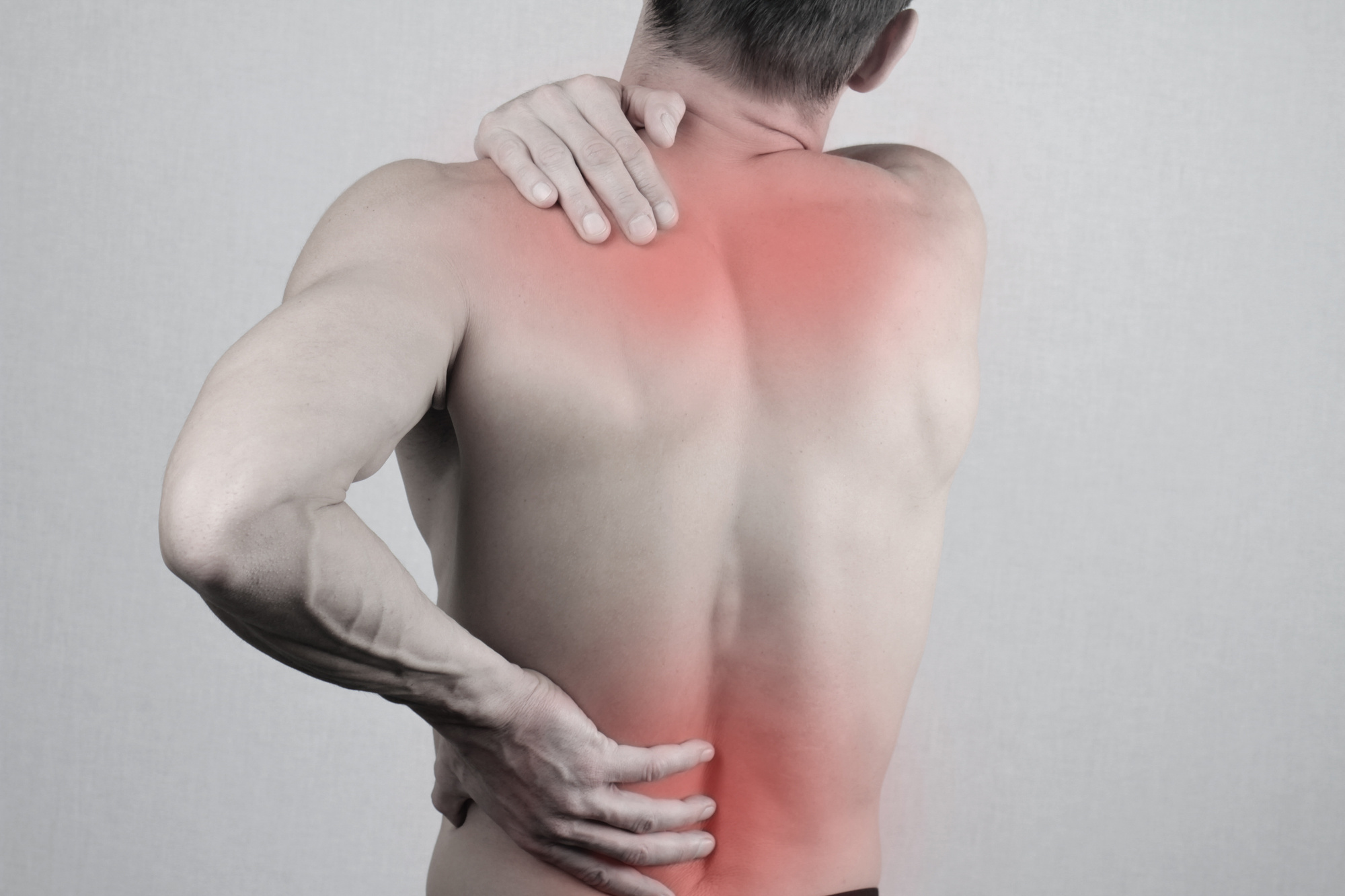Chronic Pain and Depression: What’s the Connection?
|
Reading time: 5 minutes
|

Living with chronic pain can take a toll on your body and mind.
There have been reported links between chronic pain and depression, making an already uncomfortable condition even harder to deal with. If you have chronic pain and you’ve been struggling with your mental health, you may be suffering from depression.
If you manage either of these conditions, you’re not alone. Up to 20% of adults have reported chronic pain in the United States while 8.1% report major depression at any given time.
Keep reading to learn more about how your pain might correlate with your mental health and a few things that you can try out to help.
What Is Chronic Pain?
Everyone manages the regular aches and pains of daily life, but when does that pain become chronic?
Chronic pain is pain that lasts at least 12 weeks. It doesn’t have to be sharp or extreme to qualify, and it can sometimes sneak up on the person experiencing it.
The pain can be a burning or a dull throb, or it might be a full-blown sharp pain that’s difficult to ignore. It generally stems from an initial injury or nerve damage, but there are some conditions that cause chronic pain as well, including endometriosis, arthritis, temporomandibular joint dysfunction (or TMJ), and others.
Older adults are most at risk for chronic pain, but it can affect anyone. It’s common after surgeries, births, and injuries of all kinds.
Can Depression Cause Pain?
The links between chronic pain and depression are sometimes hard to navigate. There are signs that depression may actually be related to certain kinds of chronic pain.
Depression has been linked to frequent back and shoulder stiffness, as well as lower back pain and muscle aches. It may also influence frequent tension headaches, which might go unnoticed at first but can quickly become intolerable.
Depression may also be linked to intestinal issues when it goes untreated. Someone with chronic depression may experience issues with their bowels, as well as frequent stomach pain or discomfort.
Depression can also lower your pain tolerance. If you’re depressed, your brain may process pain differently than those who have better mental health. This may be related to a lack of dopamine or serotonin.
In short, if you know that you’ve been depressed and you begin to feel symptoms of chronic pain, depression may be the root issue. If you haven’t sought out treatment for your depression, now might be the time.
Can Pain Cause Depression?
The connection might work both ways. While a cause is unsure, there may be a connection.
Someone who never experienced symptoms of depression in the past may start experiencing them after they begin to have their chronic pain condition.
If chronic pain goes undiagnosed, it can lead to several mood issues that are often associated with depression. You might be irritable, lethargic, and sad. You may have less desire to get out of bed.
Chronic pain can also lower the quality of life of the people that it impacts. Activities and hobbies that were once enjoyable now become intolerable due to pain. Social events and even an active social life might be impossible to manage.
People with chronic pain may also have trouble exercising, which is one way to alleviate depression symptoms through the release of endorphins.
When one becomes depressed due to their chronic pain, the depression symptoms can make the pain symptoms worse. As we mentioned, depression can lower pain tolerance. This creates a cycle that can be difficult to break free from.
How Can You Treat Chronic Pain and Depression
If you’re managing chronic pain and depression, you should seek medical intervention. The treatment of the pain will vary widely based on what came first.
If you’re treating your depression, you are better off seeking a psychiatrist or counselor to begin your treatment. Working on your mental health first might alleviate the issue.
They may suggest talk therapy, EDMR, or psychiatric medications. Depression can stem from problems with serotonin, dopamine, and norepinephrine and how they make their way through your brain.
SSRIs (like Prozac), SNRIs (like Effexor), and NDRIs (like Welbutrin) have been proven effective for treating depression.
If you’re treating your pain, you should see your GP. They may refer you to either a physical therapist or a specialist in the kind of pain that you’re experiencing. You may be referred to both a mental health professional and a pain specialist.
Not all pain is treated in the same way. A specialist can work with you and your body to find the treatment plan that fits your condition the best.
Finding the root of your conditions and properly treating them is key to overcoming the compounding effects of chronic pain and depression. If the depression came first, the depression should be given priority. If the pain came first, treating it may have a positive effect on your mental health, and help your depression..
You should see a doctor when you experience linked symptoms of depression and pain for a long period of time.
Depression and Physical Pain: Takeaways
Chronic pain is debilitating on its own. When combined with depression, it can seriously impact your quality of life.
If you’re experiencing chronic pain and depression simultaneously, it’s important to see a medical professional for help. You don’t have to manage it on your own. There are treatments available for both conditions.
If your doctor has recommended medication for your chronic pain or depression, you can visit our Canadian pharmacy online to get the medication you need delivered right to your door
Information provided on this website is for general purposes only. It is not intended to take the place of advice from your practitioner
